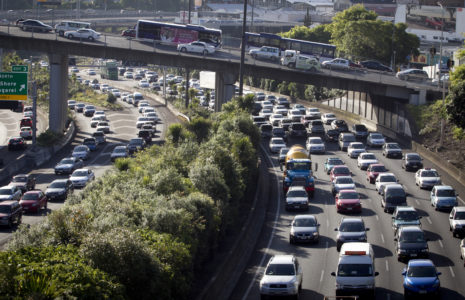
Figures released to Pakuranga MP Simeon Brown show the time people spent waiting to speak on the phone with Waka Kotahi NZ Transport Agency is 26 times longer than it was just five years ago.
Brown, the National Party’s transport spokesperson, says in October 2017 the average wait time for the agency to answer a phone call was 40 seconds, but by October last year the average wait time had “skyrocketed” to more than 18 minutes.
“This is an unacceptable blowout, especially as NZTA have added 1000 staff in the past five years.
“It is essential that Kiwis can efficiently contact NZTA.
“Issues range from reporting major road hazards and potholes to licensing, registrations and warrant of fitness queries.
“Kiwis need to know someone will listen and respond to their urgent inquiries, and they won’t have to wait 18 minutes or more when the tar is sticking to their tyres, as happened on State Highway One through the Dome Valley in December.”
Brown says the longer it takes people to make contact with NZTA the more likely it is that people will give up and hang up.
“Longer waiting times are emblematic of Labour’s entire approach to transport, which is to throw millions more on a ballooning bureaucracy while not having clear targets to get the basics right.
“Kiwis are sick and tired of the potholes peppering our state highways and they see things getting worse, not better, on our roads.
“Labour needs to get the basics of call times and pothole repairs right for Kiwis rather than pouring all its effort into pet projects.”
In response, Waka Kotahi NZTA senior manager vehicle and driver licensing Sue Hardiman says: “While our general public service has averaged 18 minutes in call wait times, we have a prioritised service for urgent reports of issues on the state highway network.
“The average wait time for this priority queue in 2022 was 39 seconds. This shows that critical calls are answered promptly.
“Our customer services team has been experiencing high vacancies over the past two years, which is when the largest increases in call waiting times have occurred.
“It has been challenging to recruit the number of staff required because of COVID-19, the more recent low unemployment rate, and the competitive labour market.
“Another recent factor has been an increase in call complexity which places more demands on senior staff.
“Our customer service teams work hard to assist callers as quickly as possible. We want to thank callers for their patience and understanding as we work to improve our call waiting times.”











